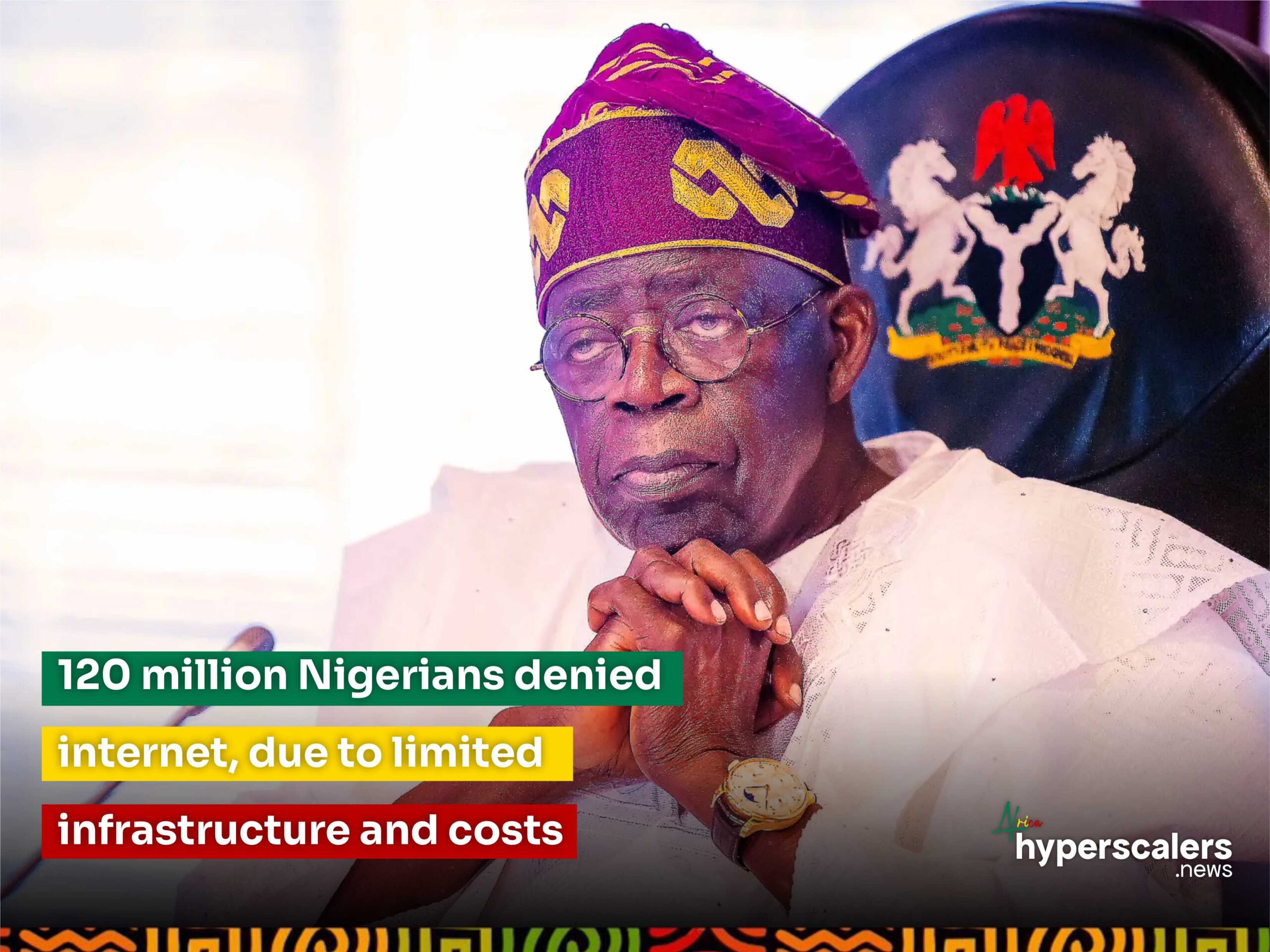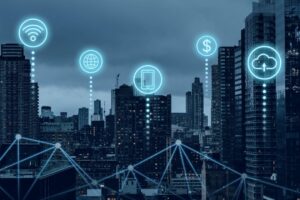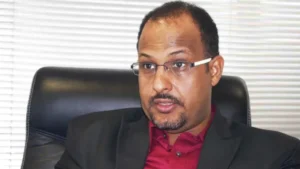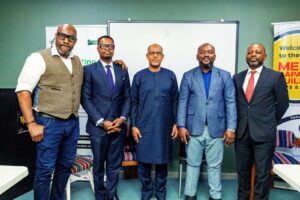The GSM Association reports that more than 120 million Nigerians are still disconnected from the digital world due to poor infrastructure and high costs. This is despite the 501.99% surge in mobile internet use over the past five years.
The rapid internet growth in Nigeria has been driven by a boom in mobile phone use, with smartphones becoming essential for internet access in the country. But the high cost of these devices and the lack of digital infrastructure, especially within the last few years, has left millions of potential users behind.
The GSMA’s 2024 report highlights that these 120 million Nigerians are among the 3.1 billion people worldwide who don’t use mobile internet, even though coverage is available where they live. As of 2024, only 29% of Nigerians, around 58 million people, use the internet. Among those who are online, most use it for making or receiving video calls (85%), watching free online videos (75%), and listening to free music (54%).
Mobile internet is the primary way people in low- and middle-income countries access the internet, and in 2023, mobile connections accounted for 84% of broadband access globally. Yet, Sub-Saharan Africa, including Nigeria, has some of the lowest connectivity levels, with significant gaps in both coverage and usage.
Karl Toriola, CEO of MTN, pointed out that high inflation in Nigeria, which reached 15.6% in 2022, has made smartphones even more expensive, eroding consumers’ ability to buy them. This cost barrier is particularly evident in rural Nigeria, where smartphone use fell to just 26% in 2023, compared to 59% in urban areas.
But cost isn’t the only problem. Nigeria has a 90,000-kilometer fiber infrastructure gap, which leads to slow and unreliable internet connections. Chris Wood, CEO of WIOCC Group, emphasized the importance of building this “last-mile” fiber network, explaining, “The last mile, the fibre network, is probably the most important thing that needs to be built out, and we are talking about buried fibre, not strung between poles, which becomes very vulnerable to cuts.”
The Nigerian government recognizes these challenges. Bosun Tijani, Minister of Communications, Innovation, and Digital Economy, said, “Quality access is the backbone of a digital economy, and we are focusing on connectivity.” But according to GSMA, investments in infrastructure alone won’t close the digital divide. The usage gap, driven by the high cost of data, concerns about online safety, and lack of relevant content must also be tackled.
Closing the global digital gap could add over $3.5 trillion to the world’s economy by 2030, with $900 billion in gains expected in that year alone. Bridging Nigeria’s digital divide will be crucial to realizing this potential and ensuring the country doesn’t miss out on the benefits of inclusive digital growth.





